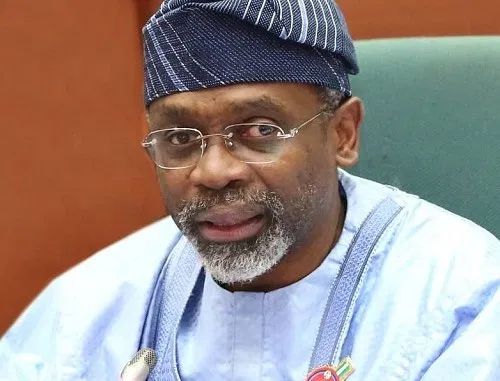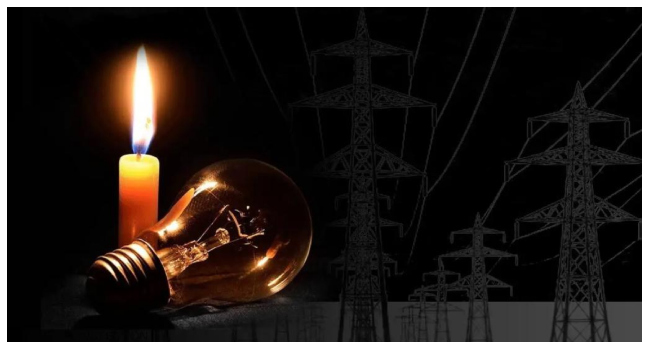
Femi Gbajabiamila, the speaker of the house of representatives, says Nigeria is struggling to survive amid its “systemic weaknesses”.
Speaking during the inauguration of the house ad hoc committee on constitution review in Abuja on Thursday, Gbajabiamila said recent events underscore the fight for the survival of the “Nigerian project”.
He said the nation’s challenges need to be urgently addressed, adding that it is one of the reasons the constitution review needs to be hastened.
He also said the house has realised that “many of our development questions lies in the pages of a new Nigerian constitution”.
“When you ask me what the state of our nation is, the honest answer is this: we are in a fight for the very survival of our country and the continuation of the Nigerian project,” Gbajabiamila said.
“Recent global developments have exposed all our systemic weaknesses so that we can no longer pretend to ourselves that things are on an even keel and slow progress is enough to get us to where we ought to be yet are still so far away from.
“This ninth house of representatives has since committed to the cause of reform. Our commitment must neither waver nor wane on the matter of thoughtful and fair overhaul of our nation’s constitution.
“The reality of our current circumstances and the now certain knowledge that only us can save ourselves imposes on us an obligation to act with greater determination and all the urgency this moment calls for.”
Also speaking, Ahmed Idris, deputy speaker, said there has been a continued clamour for a review of the 1999 constitution because “there are very critical aspects of our constitution that touch on our continued existence as a strong, indivisible nation” which need to be addressed.
“A vast majority of Nigerians consider the 1999 constitution a product of military exigency,” he said.
Idris said among the key areas that will be looked into include the federal structure in pursuit of “true federalism”, local government and judicial autonomy, state policing, and state creation.


